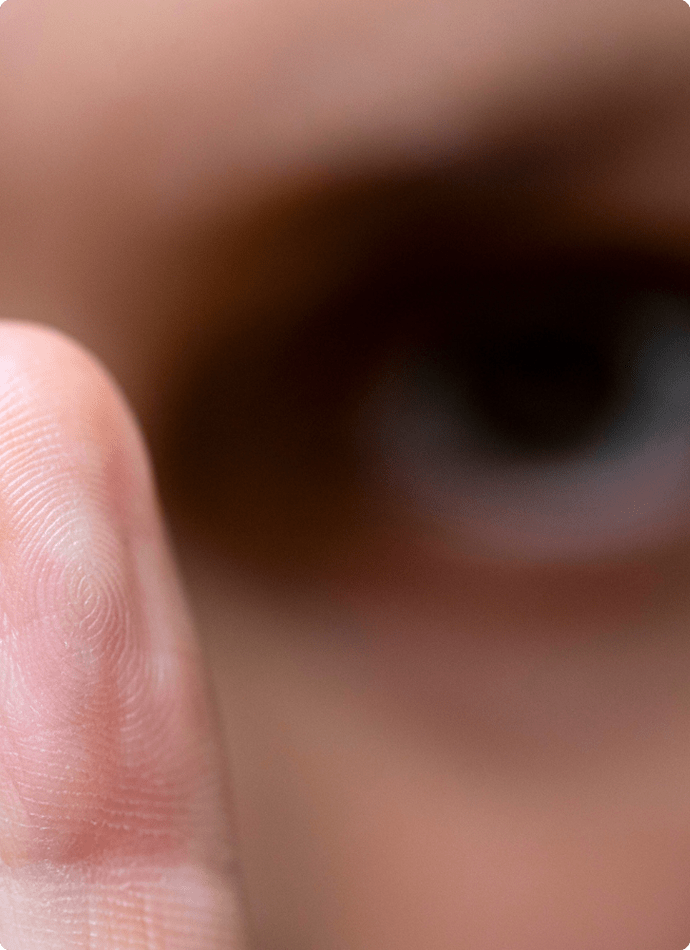
EMDR Therapy

Heal the past, free the present
EMDR (Eye Movement Desensitization and Reprocessing) therapy is a nontraditional form of psychotherapy primarily used to treat PTSD and trauma-related symptoms. It’s founded on the idea that traumatic memories are not properly processed by the brain at the time of the event, which causes ongoing distress such as nightmares, flashbacks, and intense emotional reactions when reminded of the trauma.
How EMDR Works:
- Trauma memories remain “stuck” in the brain in an unprocessed form, so when triggered, the brain reacts as if the trauma is happening again.
- EMDR aims to “reprocess” these disturbing memories so the brain can store them properly.
- After processing, memories can be recalled without the intense emotional distress typical of PTSD.
The EMDR Process:
- During sessions, your therapist guides you to focus briefly on a traumatic memory.
- While doing this, you engage in bilateral stimulation, usually through side-to-side eye movements.
- If eye movements aren’t suitable, therapists may use rhythmic tapping on your hands or alternating audio tones.
- Bilateral stimulation is believed to activate communication between the brain’s left hemisphere (logic/reason) and right hemisphere (emotion).
Theories on How EMDR Works:
1. Working Memory Theory:
- Recalling a memory while simultaneously performing eye movements splits your brain’s focus.
- This split attention diminishes the vividness and emotional intensity of the memory, making it feel more distant and manageable.
- Over time, this leads to desensitization, where the memory no longer triggers strong emotional reactions.
2. Physiological Changes Theory:
- Eye movements and bilateral stimulation induce calming effects on the nervous system, such as lowered heart rate and slower breathing.
- This shift helps move the body away from fight, flight, or freeze responses toward a regulated, relaxed state.
While the exact mechanisms remain under investigation, EMDR’s combination of memory reprocessing and nervous system regulation provides a powerful method to help individuals heal from traumatic experiences and reduce PTSD symptoms.
Provisional Licensed Provider
Abigail Frank,
PLMHP, PMSW, PLADC, MS,

Provisional Licensed Provider
Abigail Frank,
Counselor, PLMHP, PMSW, PLADC, MS
Get In Touch
Fax: 402 929 5010
Neligh Office, 760 E Hwy 275, Neligh, NE
©2025 by Abigail Frank | Terms & Conditions | Privacy Policy